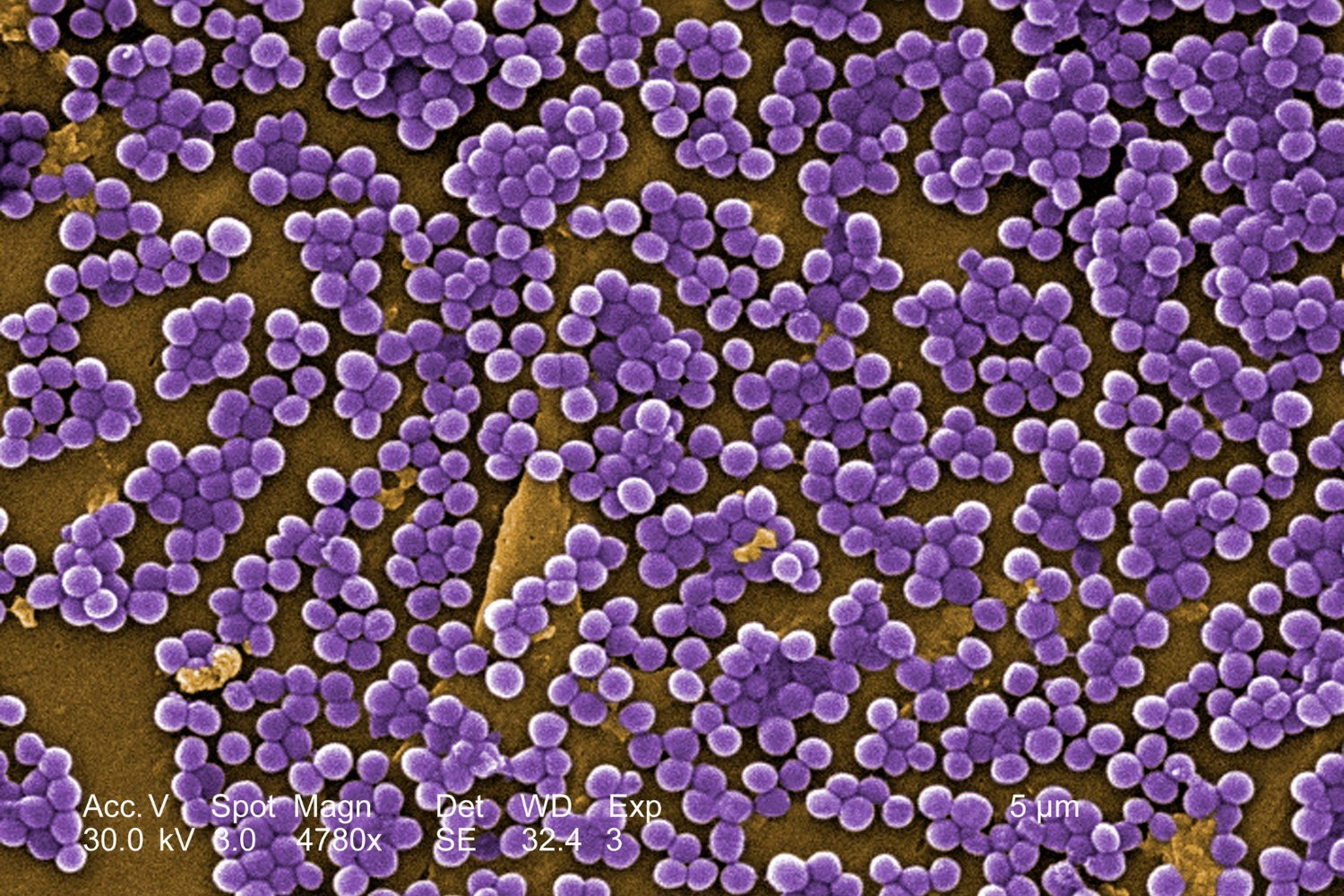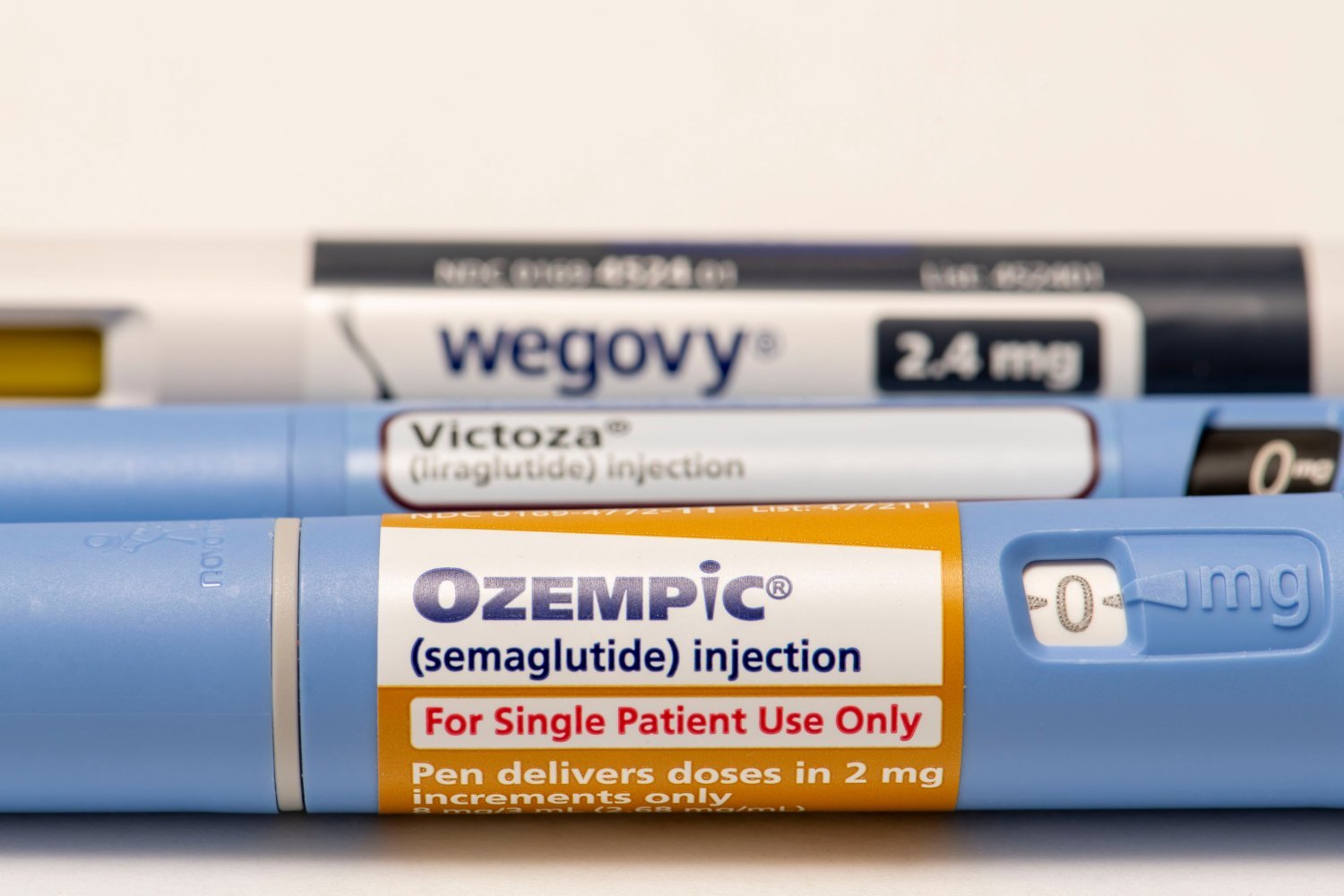mRNA vaccines have shown remarkable success against infectious diseases, and now researchers are exploring their potential to fight cancer. A recent Phase I/II trial by Moderna, presented at the European Society of Medical Oncology conference, has yielded encouraging preliminary results for their mRNA cancer vaccine candidate, mRNA-4359.
This innovative vaccine aims to train the immune system to recognize and eliminate cancerous cells more effectively. It targets two specific proteins, PD-L1 and IDO1, commonly found on tumor cells and immune-suppressing cells. By boosting the immune response to these proteins, the vaccine hopes to empower the body’s natural defenses to fight cancer directly.
Unlike preventative vaccines that protect against future infections, cancer vaccines like mRNA-4359 are therapeutic, designed to treat existing cancer or prevent recurrence. While many cancer vaccines are personalized to the individual’s specific cancer type, Moderna envisions mRNA-4359 as an “off-the-shelf” vaccine, potentially applicable to a broader range of advanced solid tumors.
The initial trial involved 19 patients with advanced cancers, including lung cancer and melanoma. The primary goal of Phase I trials is to assess safety, but this trial also explored optimal dosing, with patients receiving one to nine doses. Data from 16 patients showed promising results: eight patients (50%) exhibited no tumor growth or new tumor formation. Furthermore, the vaccine appeared to stimulate a significant increase in immune cells capable of recognizing PD-L1 and IDO1. Importantly, the vaccine was generally well-tolerated, with common side effects including fatigue, injection site pain, and fever.
Kyle Holen, Moderna’s Senior Vice President and Head of Development, Therapeutics and Oncology, expressed optimism about the findings, emphasizing the vaccine’s potential to trigger robust immune responses while maintaining a manageable safety profile, according to a statement from King’s College London.
While these early results are encouraging, the researchers acknowledge that further research is crucial to determine mRNA-4359’s true efficacy. The trial is actively recruiting more patients with advanced cancers in the U.S., UK, Spain, and Australia. This vaccine is just one of many cancer vaccines currently in development, some nearing advanced stages of testing. Moderna, for example, is conducting a large-scale Phase III trial for another candidate targeting advanced melanoma. The hope is that these advancements will bring the first wave of effective cancer vaccines to the public within the next few years.
https://www.clinicaltrialsarena.com/news/merck-moderna-v940-melanoma-trial-phaseiii/











